price
Categories
Bridal Stencil
16% OFF
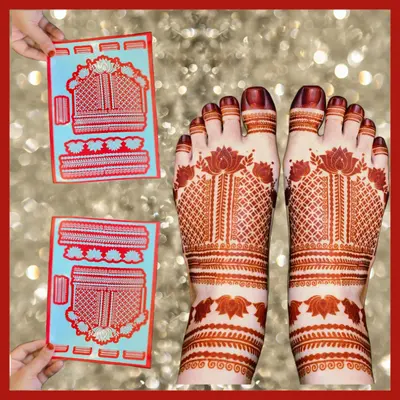
Bridal Leg Stencil
STENCIL
11% OFF
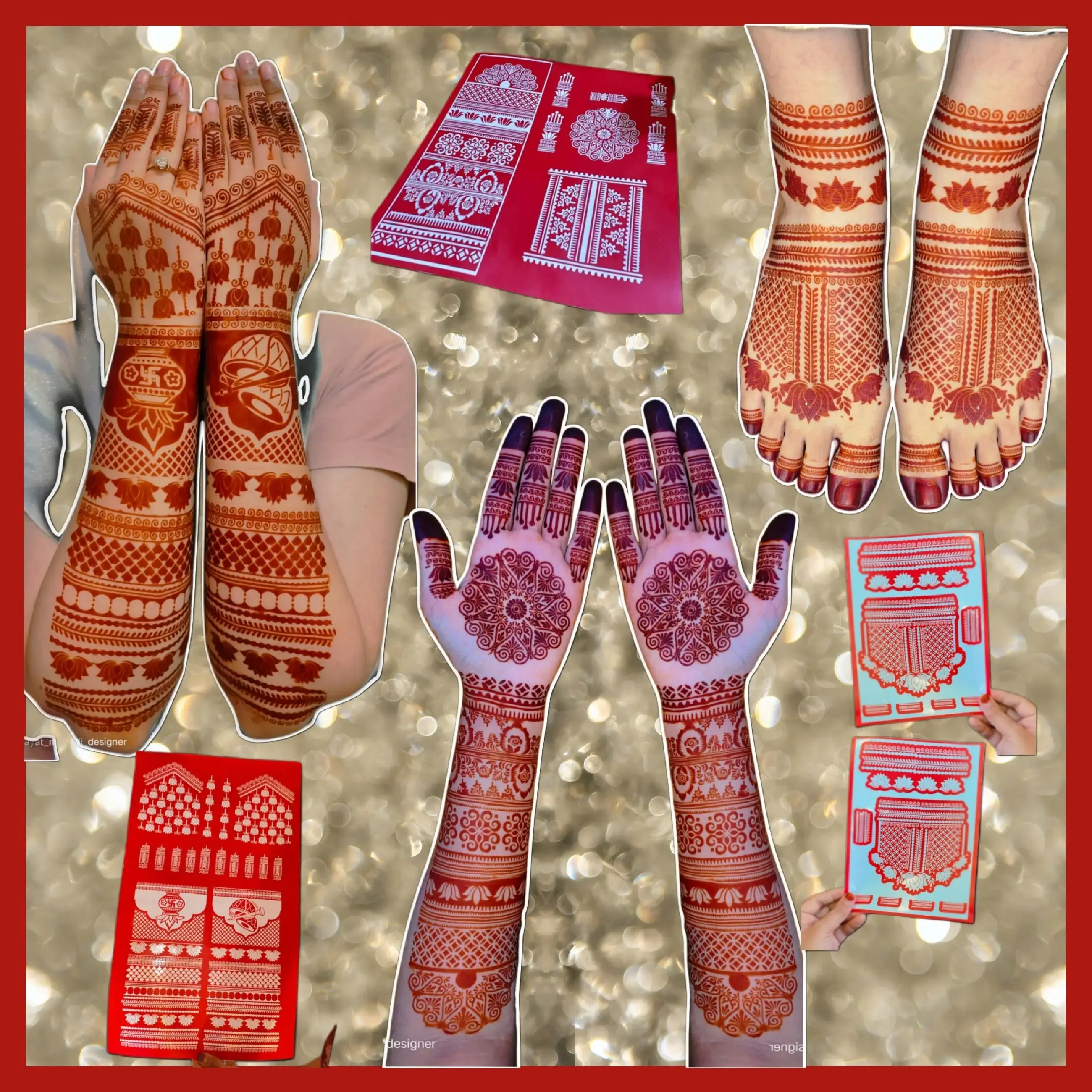
Bridal Stencil Full Set
your hand beautiful
25% OFF
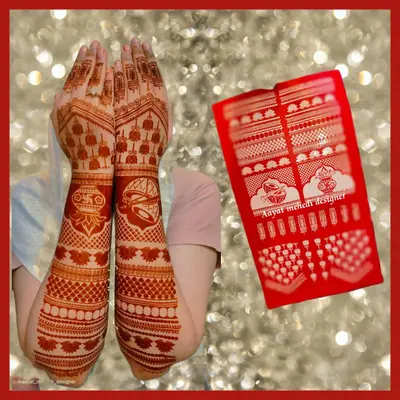
Back Side Sticker
bridal stencil
25% OFF
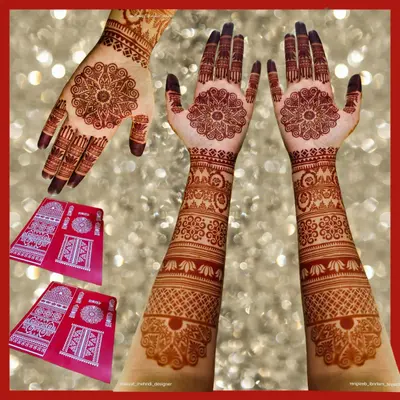
Bridal Stencil Front Side
bridal stencil
40% OFF
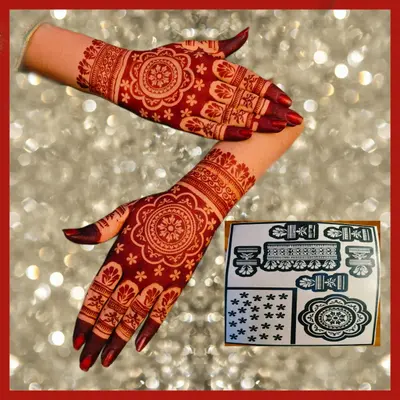
Back Side Semi Bridal Stencil
1 pair Manda stencil 2 mandala,10 finger
40% OFF
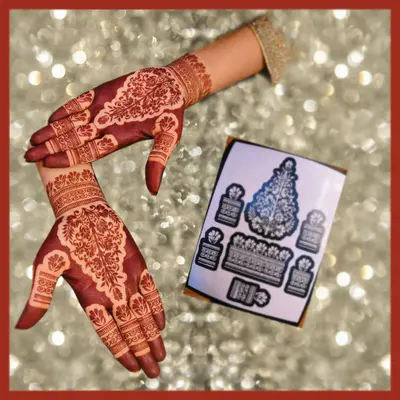
Front Hand Semi Bridal Stencil
1 pair stencil 2 palm 10 finger
20% OFF
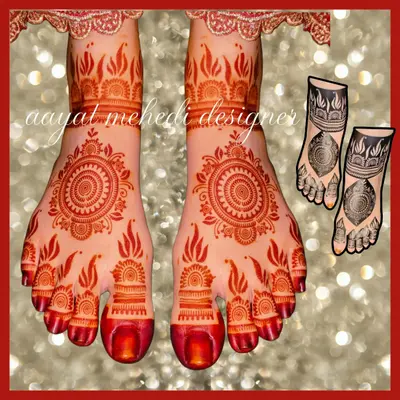
Leg Mandala Henna Stencil
1 pair set leg stencil
16% OFF
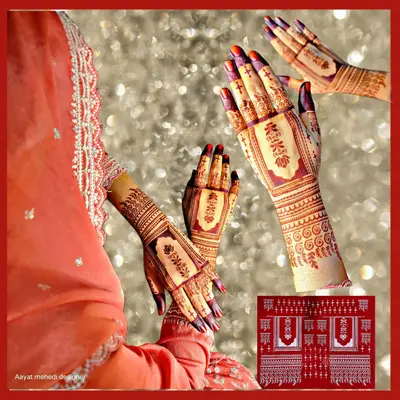
Semi Bridal Back Side
semi bridal stencil both hand back side
50% OFF
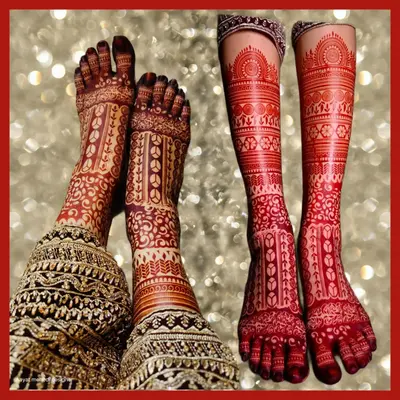
Full Leg Bridal Stencil
both leg stencil stencils colour red/silver 1time use
57% OFF
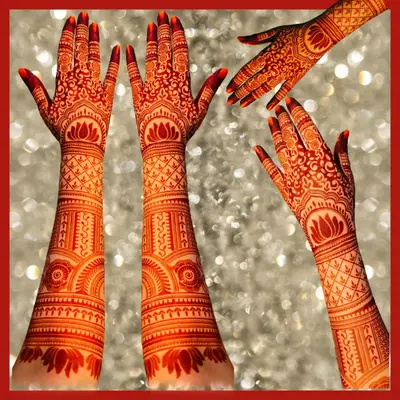
BACK Side Bridal Stencil ADD
50% OFF
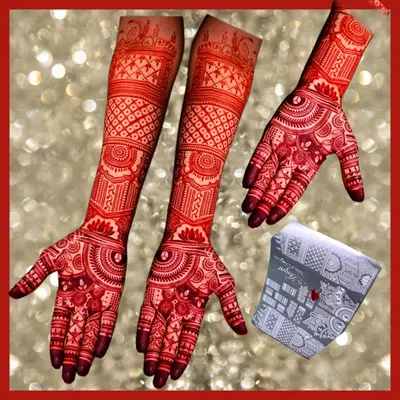
Full Hand Bridal Stencil
Out of stock
16% OFF
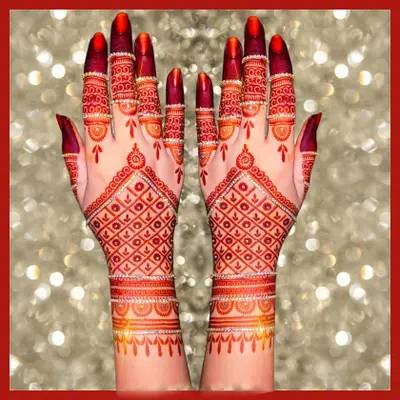
Backside detailed mehndi stencil
Backside detailed mehndi stencil Without diamond lace One pair for backside
42% OFF
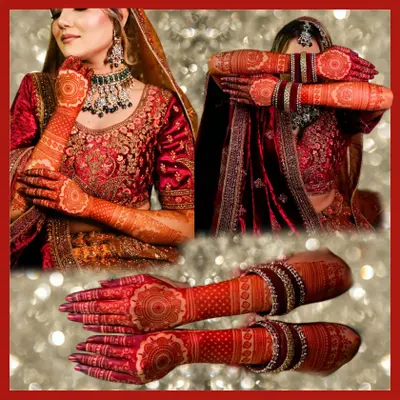
Bridal full hand back side
Back side bridal full hand stencil (Both hand back )
16% OFF
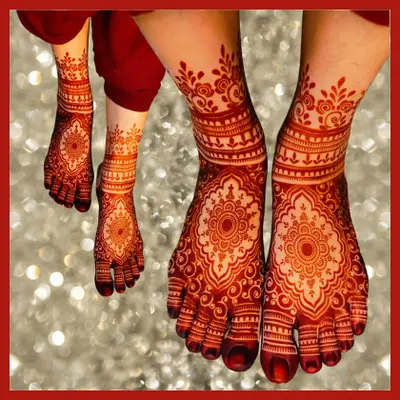
Bridal leg
A beautiful bridal pencil for both legs Front side
50% OFF
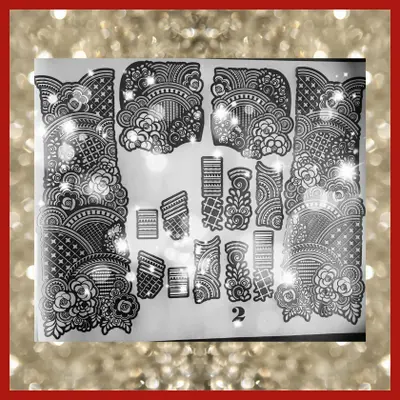
Bridal Henna stencil
Both hand front sid
Eid collection
20% OFF
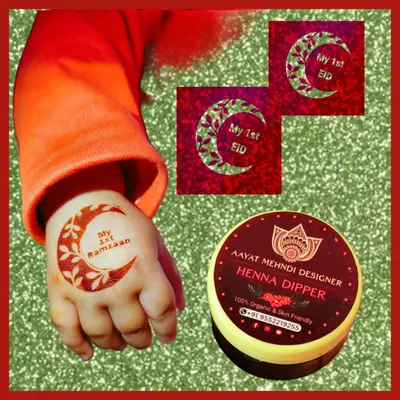
My Fst EID baby Sticker & Dippr
baby sticker 2 pc 1 instant dippr
25% OFF
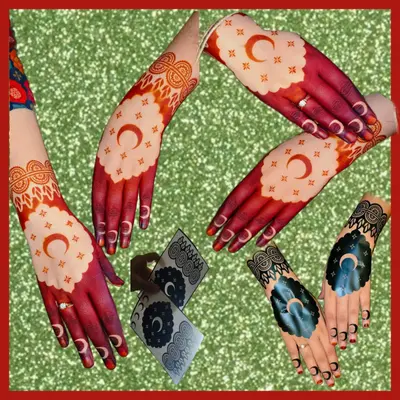
Chand Sticker
Chand stencil both hand back side
33% OFF
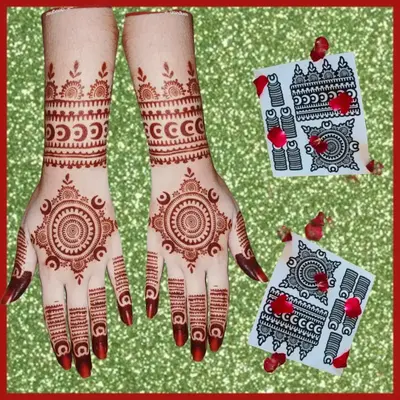
Moon Stencil Eid Special
Eid special moon stencil 2 pc back hand
13% OFF
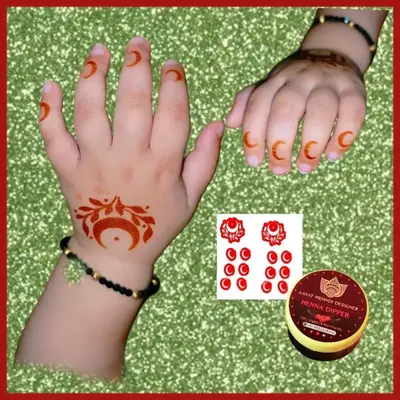
Eid Baby Stencil & Dippr
13% OFF
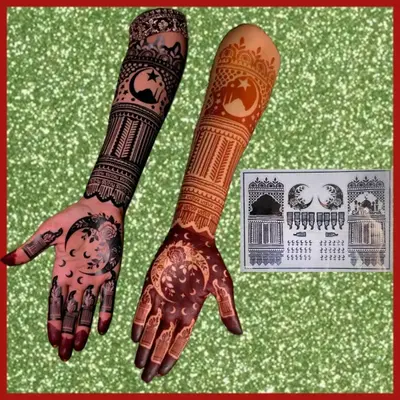
Full Hand Eid
Sticker
2 pc for 2 front hand
34% OFF
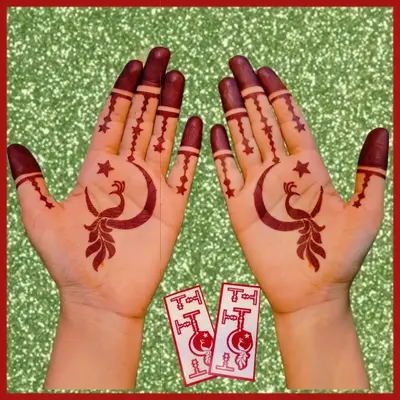
Peacock Moon Stencil
peacock moon stencil 2 pc (1 pair)
39% OFF
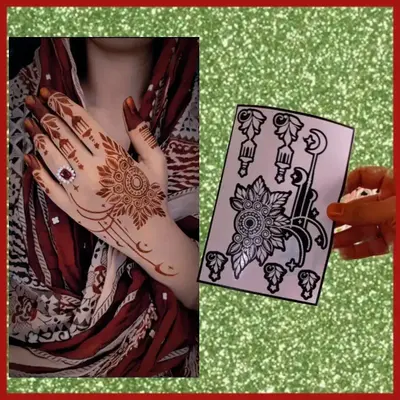
Moon Patch
1 design 1 pc
20% OFF
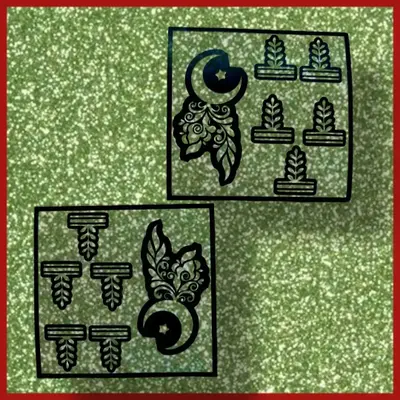
Moon Baby Stencil
baby moon stencil 2 pc
33% OFF
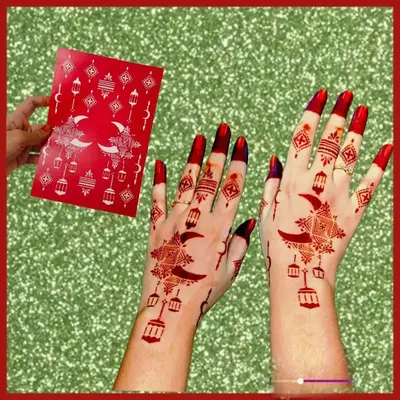
Eid Stencil
both hand( 1 pair)
20% OFF
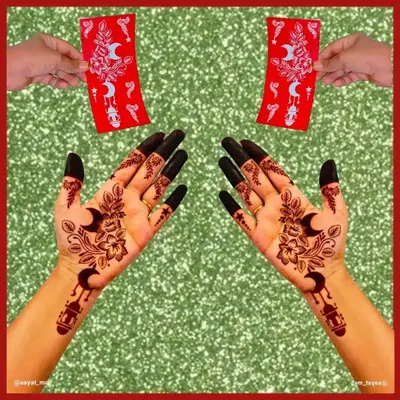
Floral Moon
2 pc (1 pair)
34% OFF
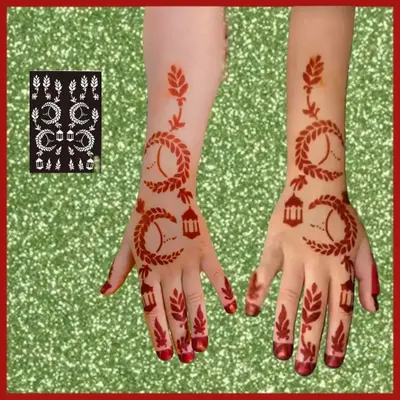
Baby Moon Stencil For Eid
1pair of sticker (2pc)
37% OFF
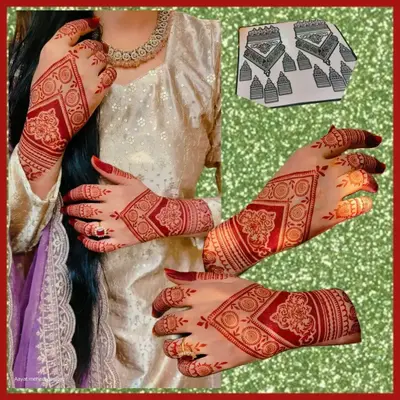
Beautiful Back Side Stencil
1 pair both hand back side
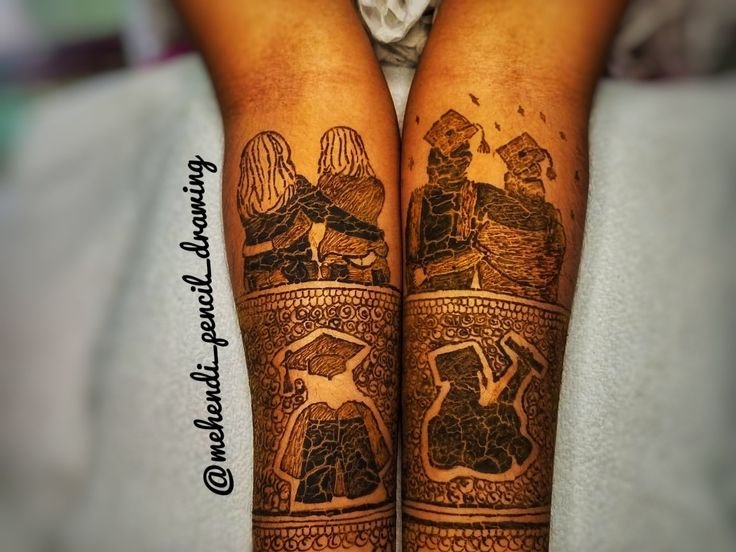
A mehendi gallery typically refers to a collection of images or videos showcasingprice various mehndi designs and styles, often used for inspiration or as a portfolio for mehndi artists. These galleries can be found on platforms like and artist’s websites. They can include traditional Indian designs, Arabic patterns, and contemporary styles.
- Design Inspiration:
Galleries provide a visual resource for individuals seeking inspiration for their own mehndi designs for weddings, festivals, or other occasions.
- Portfolio Showcase:
They serve as a portfolio for mehndi artists, allowing them to display their skills and creativity to potential clients.
- Variety of Styles:
Galleries feature diverse mehndi styles, including traditional Indian, Arabic, Indo-Western, and modern designs.
- Artistic Expression:
Mehendi is an art form, and galleries often showcase the artistic talent and creativity of the artists.
- Cultural Significance:
Galleries can highlight the cultural significance of mehndi in various traditions and celebrations.
- Artist-Specific Galleries:
Many mehndi artists create their own online galleries to showcase their work, like Mehendi Art Gallery by Kohinoor.
- Platform-Based Galleries:
Platforms like Pinterest and Instagram host numerous mehendi galleries with diverse designs.
- Specialized Galleries:
Some galleries focus on specific styles, such as bridal mehndi, Arabic designs, or leg mehndi.
- Searching online for local artists:
Use search engine to find artists in Nashik (the nearest major city) or explore online platforms.
- Visiting local salons or studios:
Some salons offer mehendi services and may have their own in-house galleries.
- Checking social media:
Look for artists on Instagram or other platforms and browse their profiles.
- Asking for recommendations:
Reach out to friends, family, or wedding planners in the area for recommendations. price
